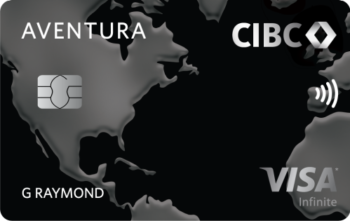The competition among credit card issuers is heating up down in the US, with both Amex US and Chase making several major moves in recent weeks.
On the Amex side, we’ve seen the welcome bonuses on the Gold Card being bumped up to 60,000 US MR points and the Green Card bumped up to 50,000 US MR points, both of which are record-high offers that are available only through refer-a-friend links.
Meanwhile, Chase has introduced the new Freedom Flex cash back card, as well as raising the signup bonus on its Sapphire Preferred Card to a historical high of 80,000 Chase Ultimate Rewards points.
In this video, let’s walk through what these exciting developments mean for us as Canadians looking to maximize credit card rewards on both sides of the border. Just how strong are the new Amex US cards’ offers, what are the best ways to apply, and under what conditions can we Canadians take advantage of the Chase 80K offer?
Without further ado, you can watch the video below:
If you enjoyed the video, click here to subscribe to my YouTube channel so that you don’t miss any future videos!















Are there any risks applying for US credit cards as a Canadian when it comes to taxes? Other risks?
The only tax implications when applying and using US-based credit cards are welcome bonuses and referral bonuses. Signup bonuses are not generally considered taxable income as they are tied to specific spending. However, you may be issued a 1099-MISC form for any referral bonuses you receive since they are not tied to any specific spending. These would be valued the points you receive at the bank’s prevailing valuation and you would be on the hook to submit a tax return to the IRS. You would be exempt from any taxes to the US if you invoke the proper tax treaty and then report that income on your Canadian tax return to the CRA.
Will you downgrade your CSP and then re-apply to get the 80k sign-up bonus? (Assuming it’s been 48 months)
Despite the occasional FXF, I still find great value with the Freedom Card if you max out the quarterly bonuses and utilize as UR pts.
What’s needed to verify your address? I’m thinking of using a family member’s address, but I’ve yet to have any type of mail delivered there, so I’m unsure what would constitute as verification.
Ricky’s suggested method is to have a bank statement from a US-based bank addressed to your address of choice. It is relatively easy to apply for a US-domiciled checking account through an affiliated Big 5 Canadian bank and designate your US address as the mailing address which would show up on statements.